Electric Vehicles Service Costs in India
As the demand for electric
vehicles continues to rise, it's crucial to understand the cost of owning and
maintaining an electric vehicle in India. This includes not only the upfront
cost of purchasing an electric vehicle but also the ongoing costs of charging
and servicing the vehicle. In this article, we'll explore the various costs
associated with owning and operating an electric vehicle in India and what you
can expect to pay over time.
Initial Cost of Purchasing an Electric Vehicle in India
When it comes to purchasing an
electric vehicle in India, the upfront cost is typically higher compared to
traditional Petrol/Diesel-powered
vehicles. However, electric vehicles offer numerous benefits, including lower
operating costs, reduced emissions, and a smoother and quieter driving
experience.
The cost of an electric vehicle in
India ranges from ?9-15 Lakhs, depending on the make and model of the
vehicle. Some of the most popular electric vehicles in India include the Tata
Nexon EV, MG ZS EV, and Hyundai Kona Electric. These vehicles offer
a range of features and specifications, including range, charging time, and
performance, and the cost will vary based on the features you choose.
Charging Costs for Electric Vehicles in India
One of the biggest costs
associated with owning an electric vehicle is the cost of charging. In India,
there are two main ways to charge an electric vehicle: at home using a charging
station or at a public charging station.
At home, you can purchase a
charging station for Rs 35,000-5,00,000, which can be installed in your
garage or driveway. The cost of charging an electric vehicle at home will
depend on the cost of electricity in your area and the size of your vehicle's
battery.
If you need to charge your
electric vehicle while on the go, there are now over 2826 public charging
stations available in India. The cost of charging at a public charging
station will vary depending on the station and the amount of energy you use.
However, it's typically less expensive than charging at home and provides a
convenient option for those who don't have a charging station at home.
Maintenance Costs for Electric Vehicles in India
In general, electric vehicles
require less maintenance than traditional Petrol/Diesel-powered vehicles, which can result in
significant cost savings over time. Some of the key factors that contribute to
the lower maintenance costs of electric vehicles include:
·
Fewer moving parts: Electric
vehicles have fewer moving parts compared to traditional Petrol/Diesel-powered
vehicles, which means there are fewer parts that can break or wear out.
·
Lower costs for brake maintenance: Electric
vehicles have regenerative braking, which means the vehicle's battery is
charged every time you apply the brakes. This can result in lower costs for
brake maintenance compared to traditional vehicles.
·
No need for oil changes: Electric
vehicles don't have engines, so there's no need to change the oil. This can
result in significant cost savings over time.
Despite these cost savings, there
are still some maintenance costs associated with electric vehicles, including
the cost of replacing the battery, tires, and other parts as needed. The cost
of these services will vary depending on the make and model of the vehicle and
the type of service required.
Battery Maintenance
One of the biggest differences between EVs and traditional Petrol/Diesel-powered
vehicles is the battery. The battery in an EV is the heart of the vehicle,
providing power to the electric motor. The lifespan of an EV battery is
typically between 8 to 10 years, with some manufacturers offering
warranties for up to 15 years.
The cost of battery replacement can vary greatly depending on
the make and model of the EV, but on average, it can range from ?1 Lakh to
?2.5 Lakh. However, it's important to note that battery replacement may not
be necessary for the entire lifespan of the vehicle, as the battery can still
function after its warranty period has expired.
Tire and Brake Maintenance
Just like traditional Petrol/Diesel-powered vehicles, EVs
require regular tire and brake maintenance. The cost of tire replacements can
vary depending on the make and model of the vehicle, but on average, they can
cost anywhere from ?5,000 to ?20,000. Brake maintenance costs are also similar
to traditional Petrol/Diesel-powered vehicles, with costs ranging from ?10,000
to ?15,000.
Regular Maintenance
Regular maintenance for EVs involves checks of the battery,
electric motor, and other systems to ensure they are functioning properly. This
can include checks of the charging system, coolant levels, and software
updates. Regular maintenance can cost anywhere from ?2,000 to ?5,000 and should
be done at least once a year.
Comparison to Traditional Petrol/Diesel-Powered Vehicles
When comparing the maintenance costs of EVs to traditional Petrol/Diesel
-powered vehicles, it's important to keep in mind that EVs have fewer moving parts
and require less maintenance overall. Additionally, the cost of fuel for EVs is
significantly lower than traditional Petrol/Diesel-powered vehicles, which can
offset some of the costs of maintenance.
In conclusion, while the initial cost of battery replacement may seem high, the overall maintenance costs for EVs in India are relatively low compared to traditional Petrol/Diesel-powered vehicles. With the increasing popularity of EVs in India, the cost of battery replacement and maintenance is expected to decrease in the future.




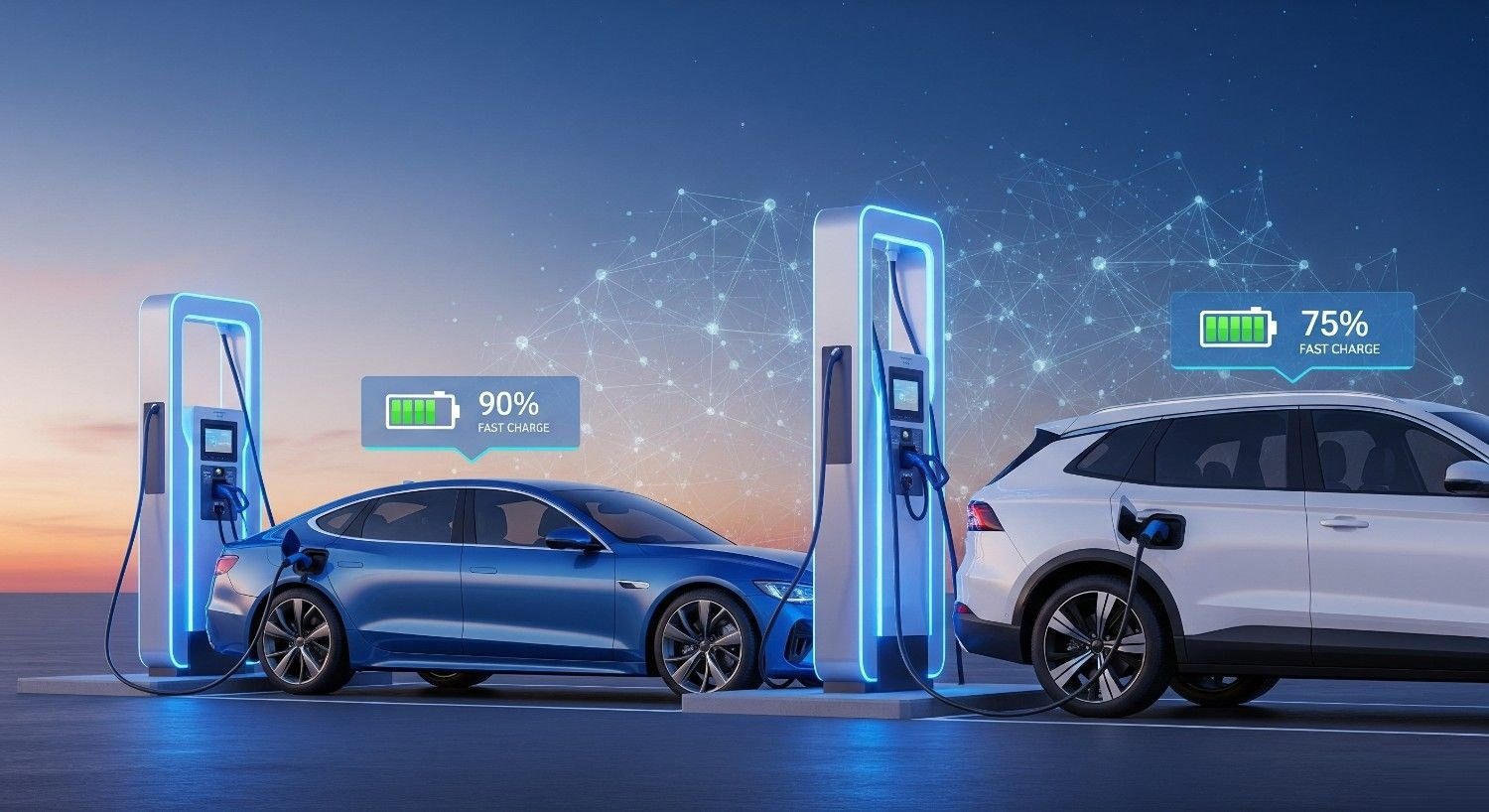

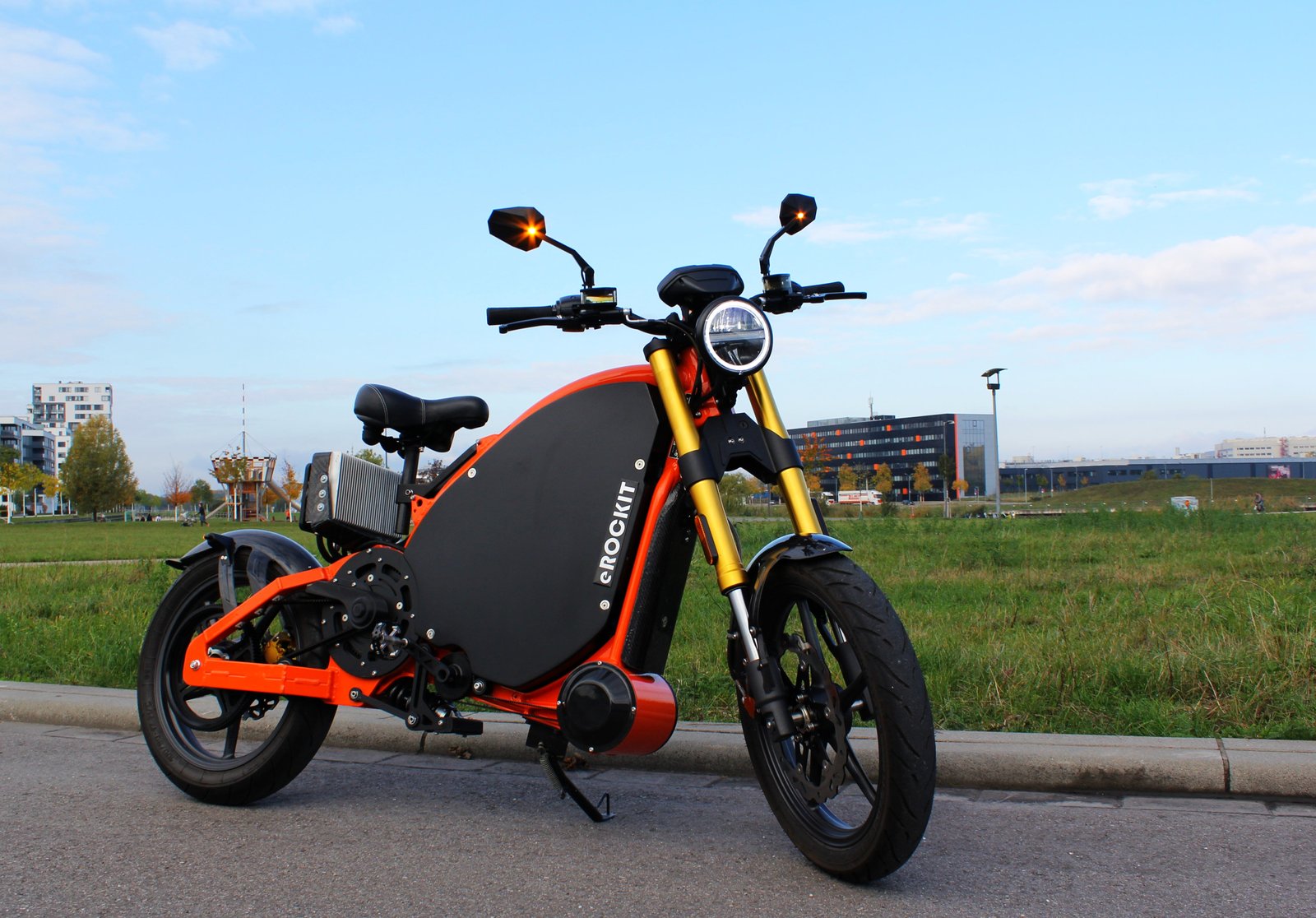

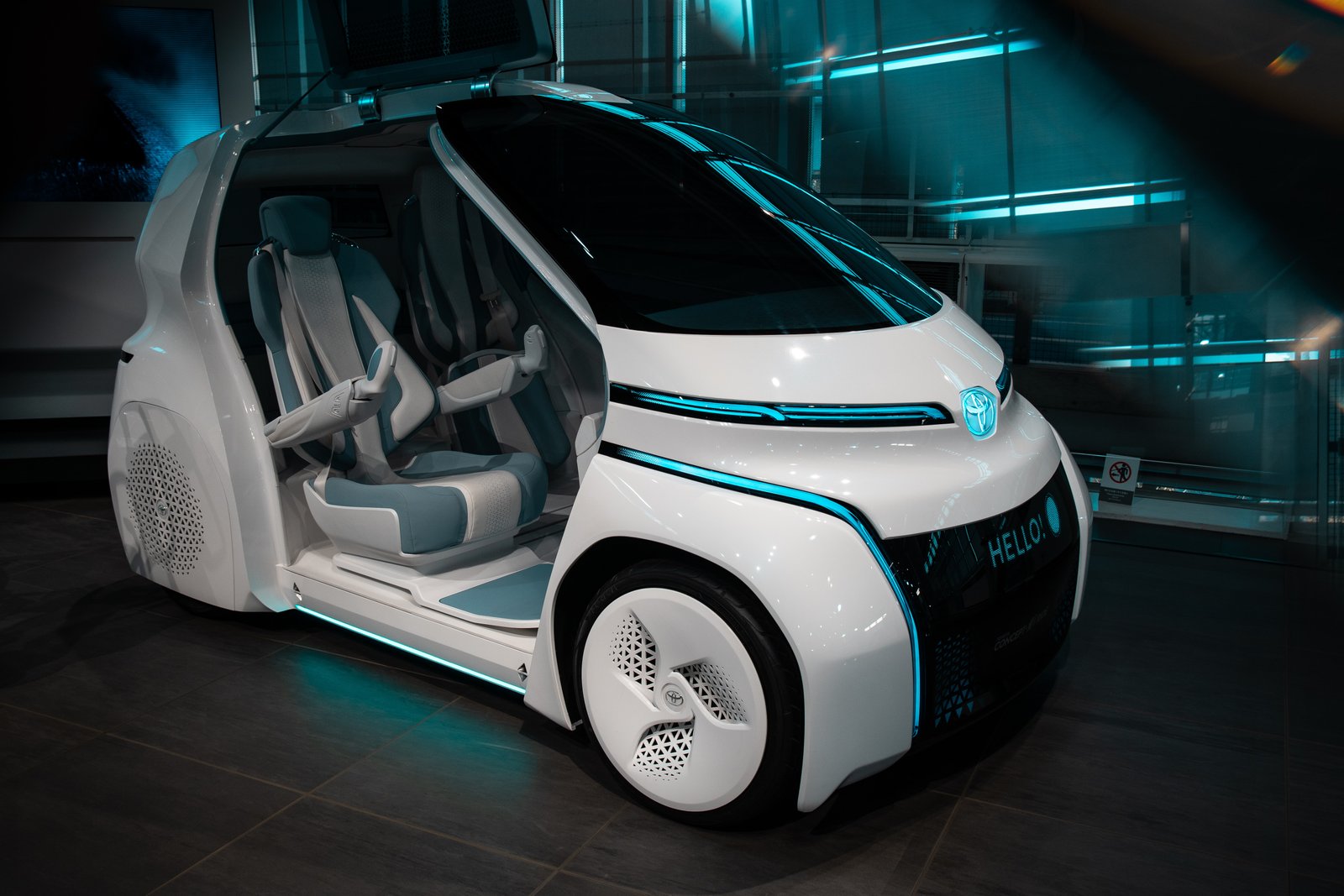

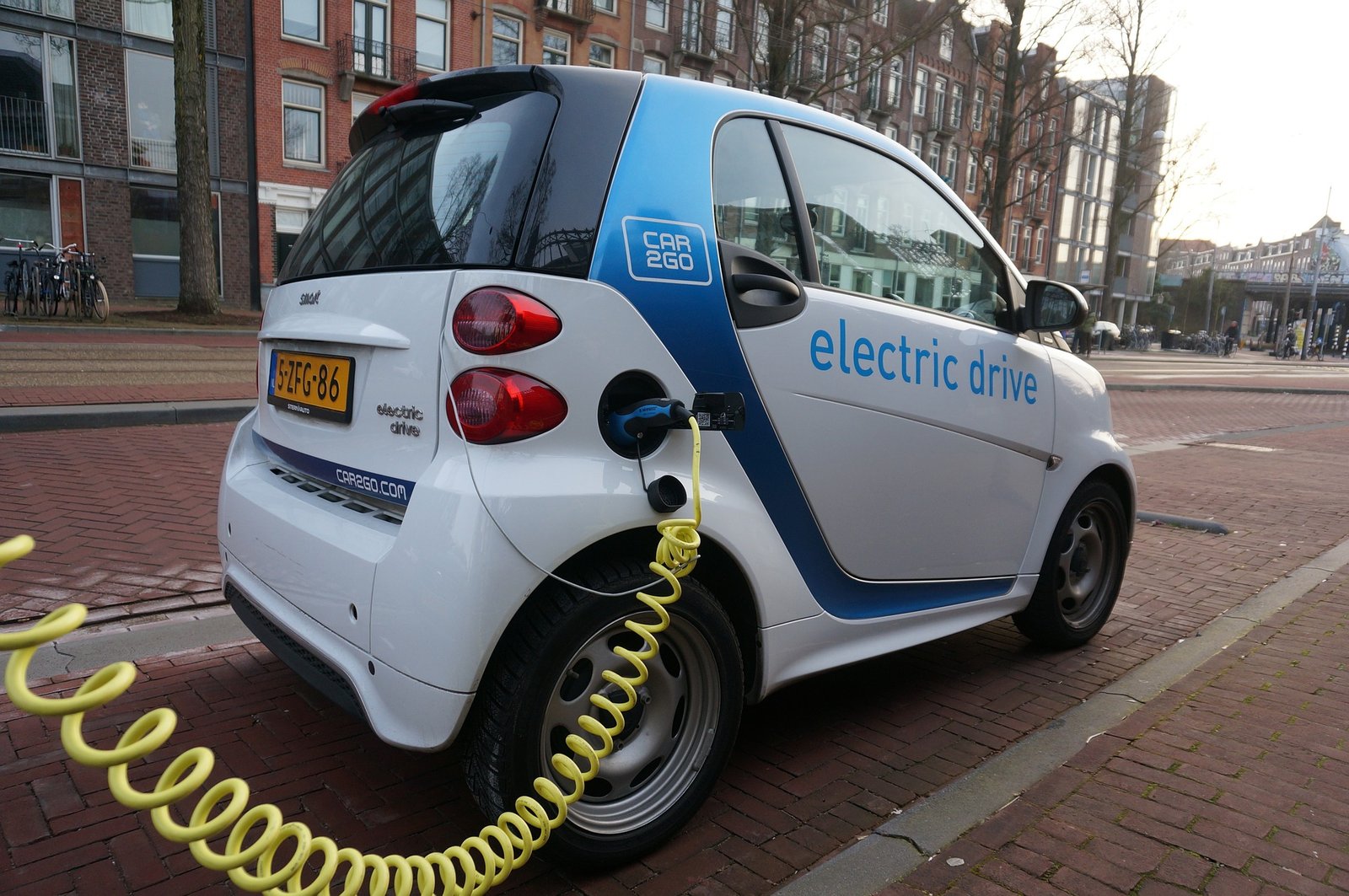

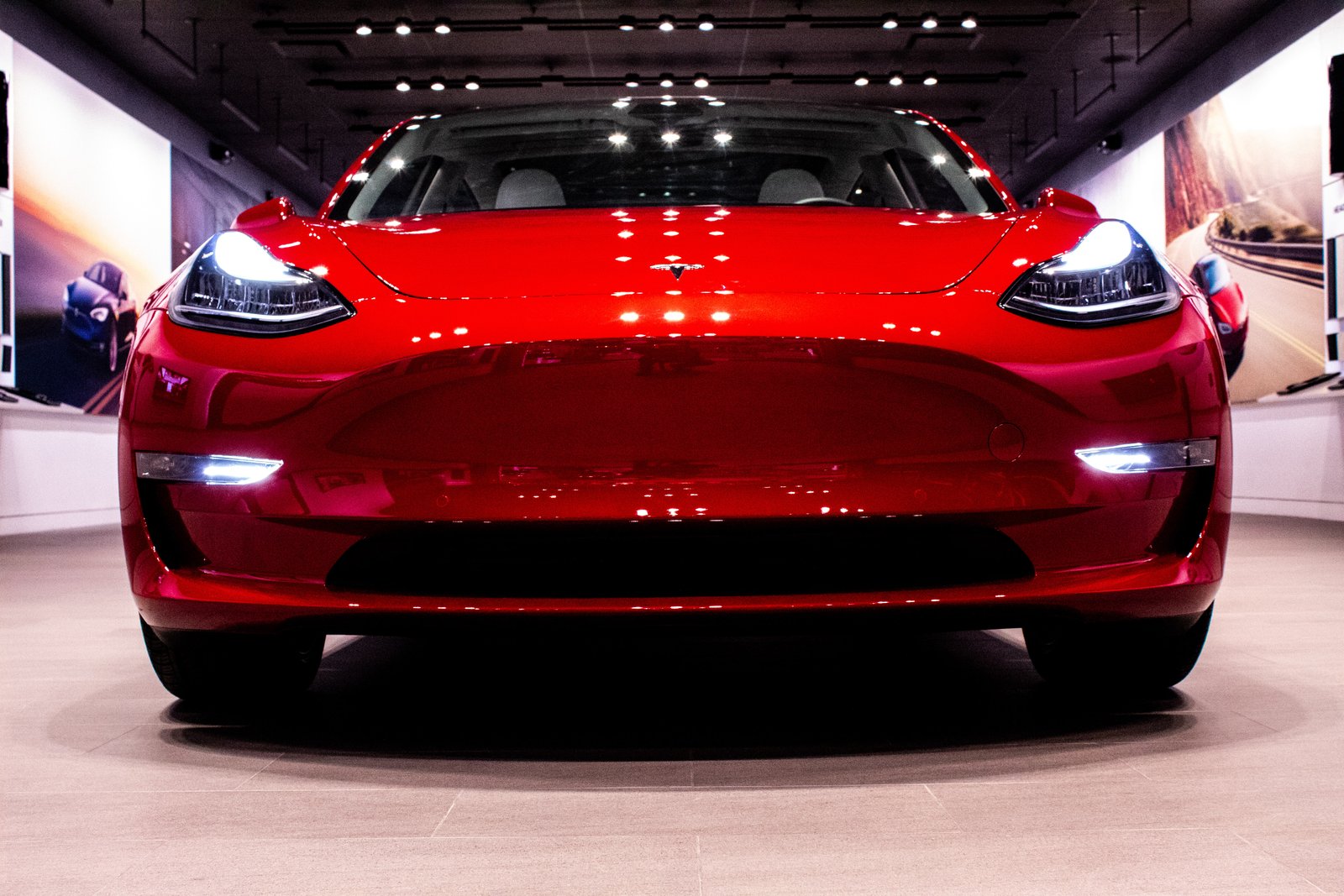
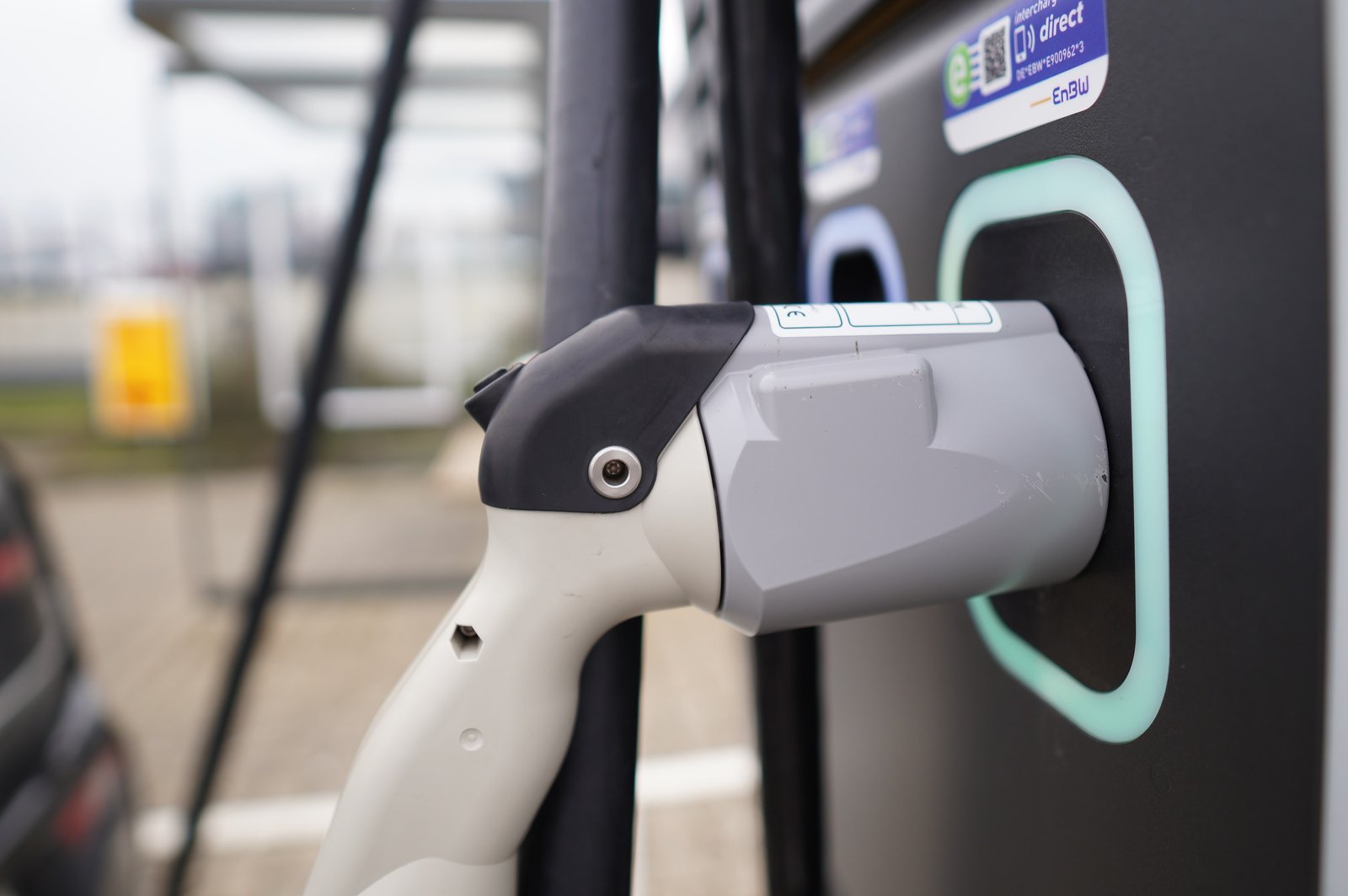


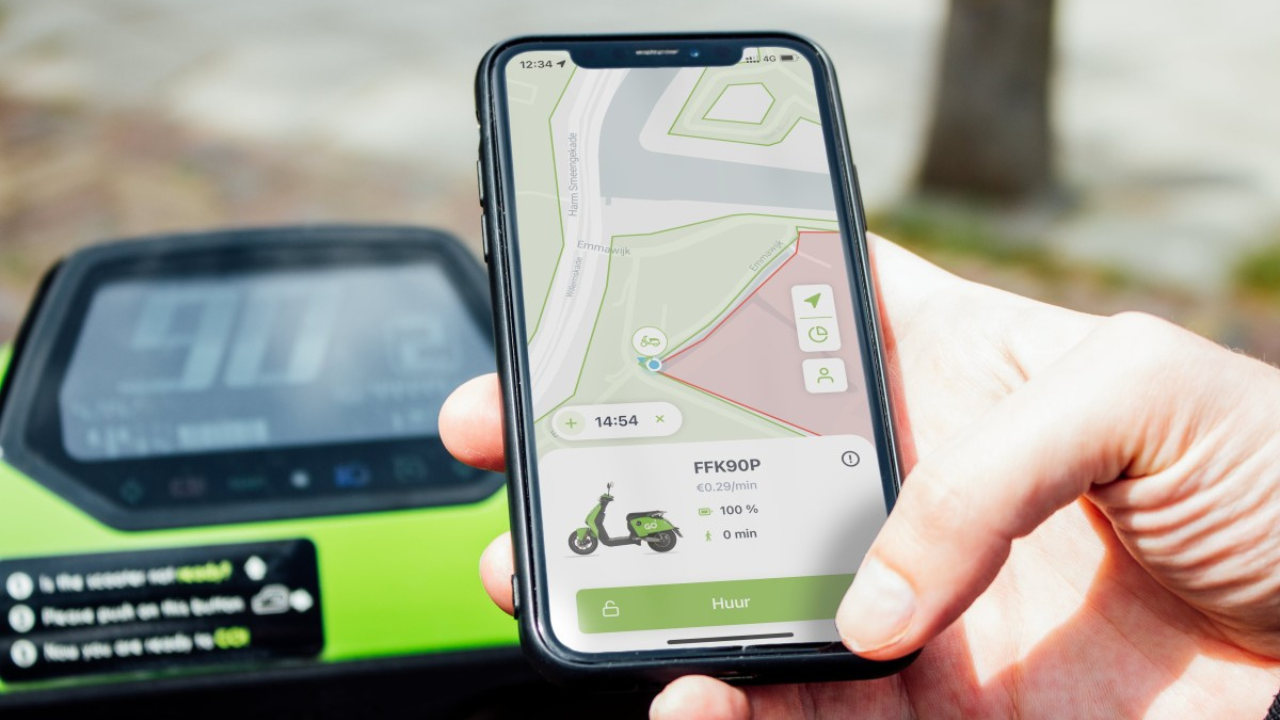
Leave a Comment